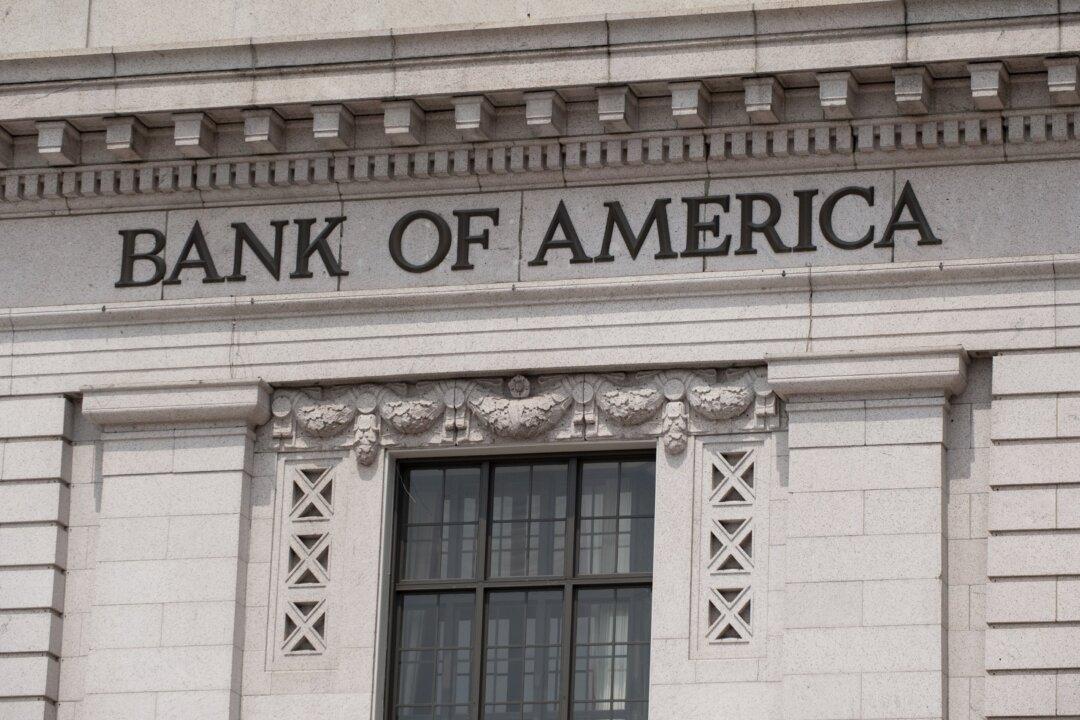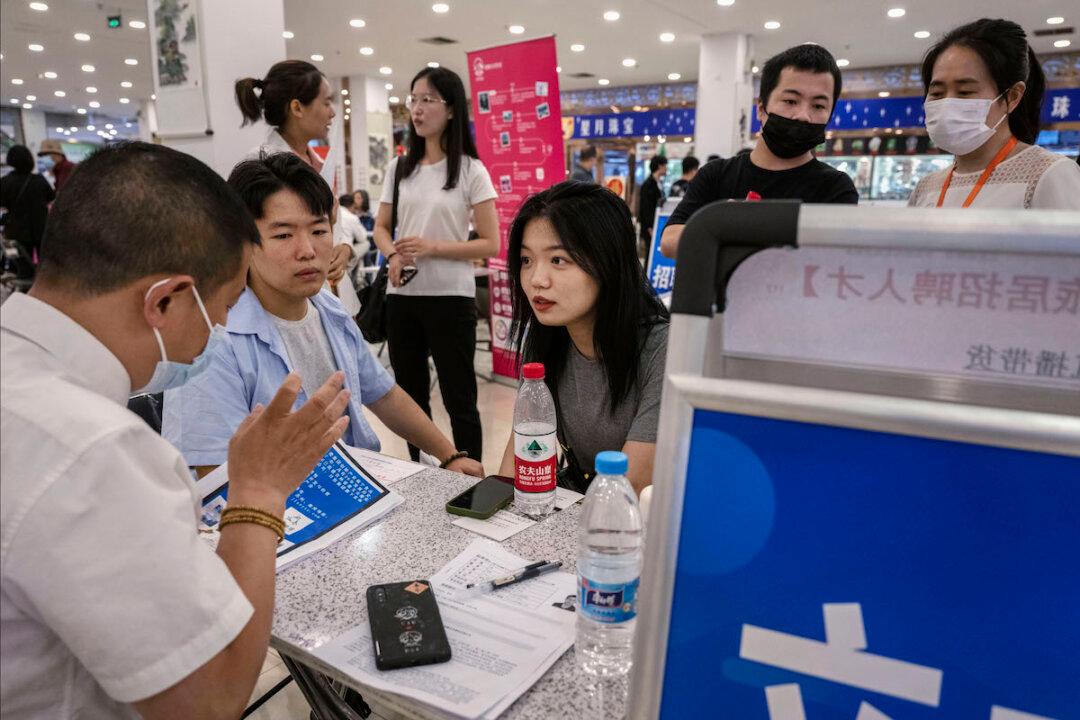The U.S. Department of Justice on Feb. 16 filed a lawsuit in a California court seeking to seize the funds of hundreds of Chinese nationals who held illegal U.S. bank accounts obtained through a criminal ring.
As Beijing tightens the limit on capital leaving the country, many Chinese nationals seek other channels to move funds overseas.





